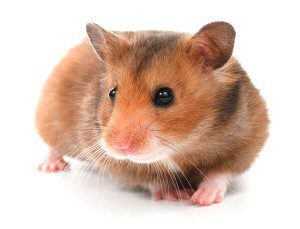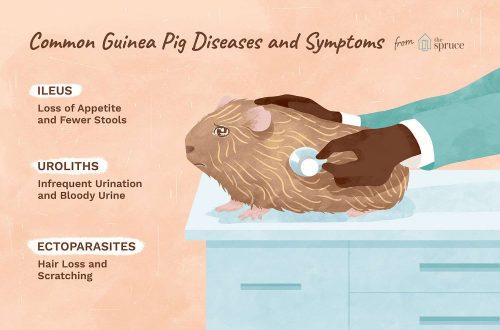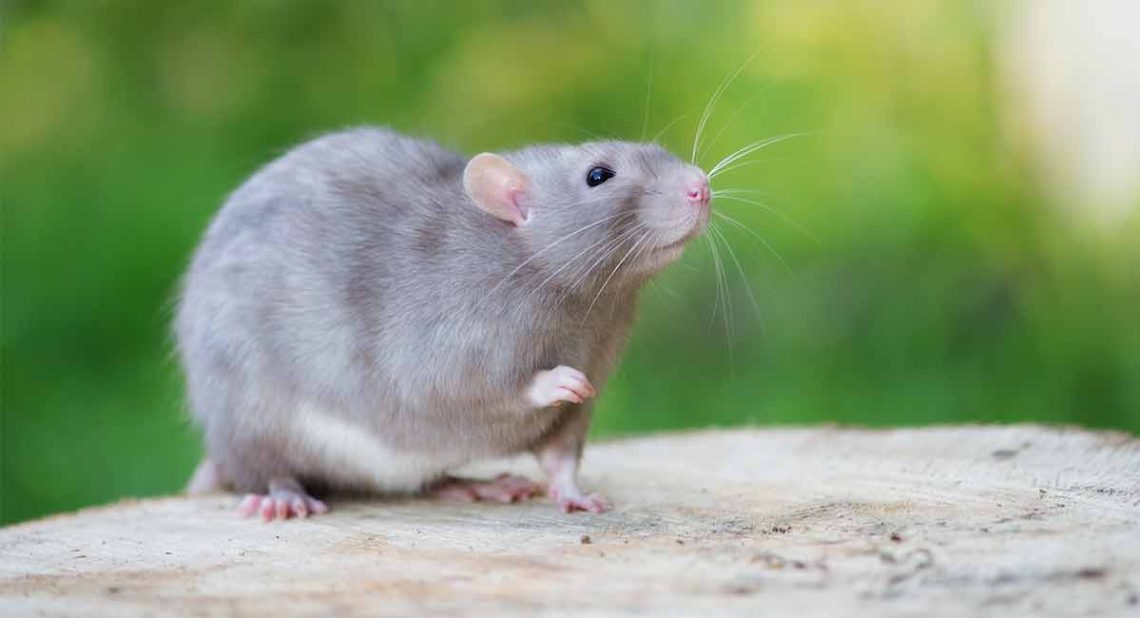
Domestic rat makes strange sounds, what do they mean
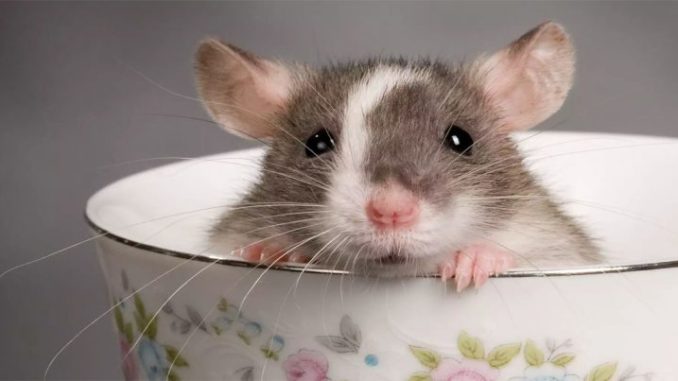
Small rodents are calm, but sometimes a domestic rat makes strange sounds that cause genuine interest. Smart animals adapt to the life of the owner and even adopt their habits. Let’s get acquainted with the main features of the behavior of domestic rats and figure out what the sounds they make mean.
Contents
Behavioral features
Rats pick up any changes in the owner’s voice, so raising your voice or using brute force for the purpose of punishment is not acceptable. A frightened animal will become downtrodden and wild.
Try to turn the offending rodent on its back. In the conditions of nature, the leader of the pack uses such punishment, so the rat is aware of guilt and filled with respect.
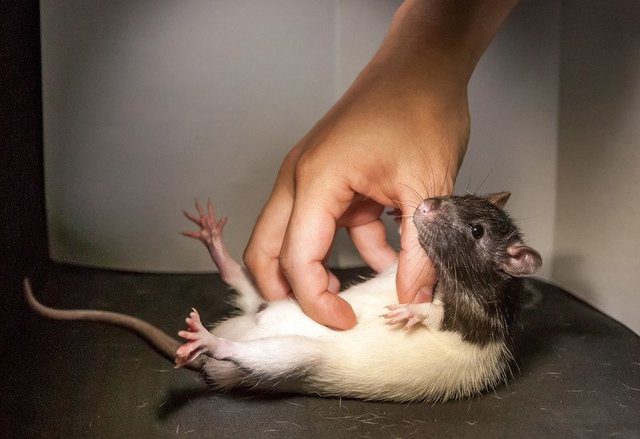
With a good attitude, the pet is imbued with love and begins to show talkativeness (cooing, chirping, grunting). But even in this case, all sounds have their own interpretation and contain obligatory subtext.
Meaning of sounds
Acquaintance with rat signals will help to better understand the rodent and, if necessary, provide timely assistance to him at home.
hoarse screech
Expresses aggression and is used when sorting out relations with roommates in a cage.
IMPORTANT! If the pet lives alone, then squealing signals a bad mood. It is dangerous to touch the animal at this moment.
Grunt
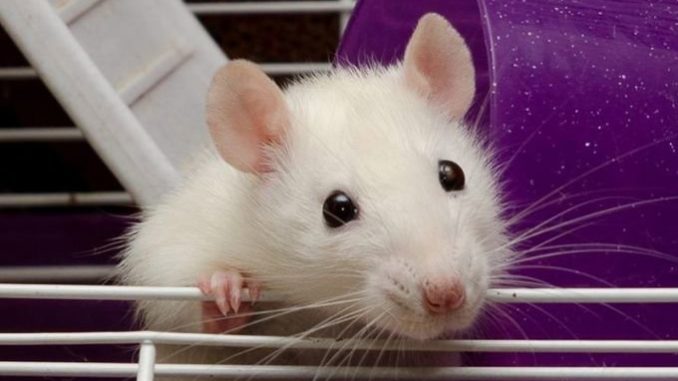
Means pleasure, but also indicates a number of diseases (rhinitis, pneumonia, deviated septum). Consult your doctor to rule out pathology.
Coughing
The appearance of a cough in rodents does not always signal an illness. This sound is accompanied by anger and a demonstration of leadership.
Chirring
The rattling rat reports the presence of danger. Such a signal cannot be ignored, because sometimes a threat looms over a person (earthquakes, floods, fire and other natural disasters).
piercing squeak
The animal experiences severe fright or pain.
IMPORTANT! In the absence of obvious injuries, immediately contact the veterinarian. Internal damage is not always amenable to self-diagnosis.
Whistle in the ultrasonic range
With the help of a whistling throat sound, the pet demonstrates the desire to sit on the master’s hands. When the volume is increased, the animal is not disposed to caresses. Also, this frequency helps to establish contact with females.
Hiss
Another way to express aggression. Stay away from the hissing rodent. For the safety of other small tenants, put the bully in another cage, providing an opportunity to cool the ardor.
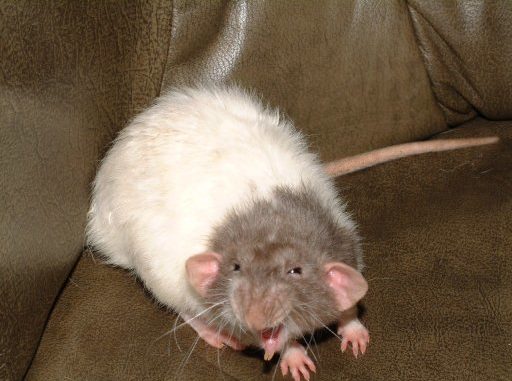
Sneeze
If porphyrin is released from the eyes and nose of a pet (discharge of a red hue that is not blood), then there is a high probability of a cold.
IMPORTANT! If the rat makes sounds like a cooing dove, then be sure to take it to the x-ray. The appearance of such a tone indicates problems with breathing.
Tooth squeak
The animal trembles under the influence of light vibrations, and the creaking of teeth resembles a cat’s purr. This behavior speaks of the highest degree of happiness of a small rodent.
Due to the high risk of respiratory infections, rodents require mandatory prophylaxis. There are few rodentologists (veterinarians who specialize in rodents), so it is important to find such a person and maintain constant contact with him before acquiring a small pet.
Video: rat talks and sighs
Conclusion
If a decorative rat makes strange sounds, use the suggested guide, based on the condition of the pet. In most cases, unusual sounding is a simple way of communication used by a small animal. Learn to understand changes in his behavior, do not bother with excessive caresses and be sure to consult with your veterinarian for any questions.
Strange sounds made by domestic rats
4 (80.98%) 41 votes



